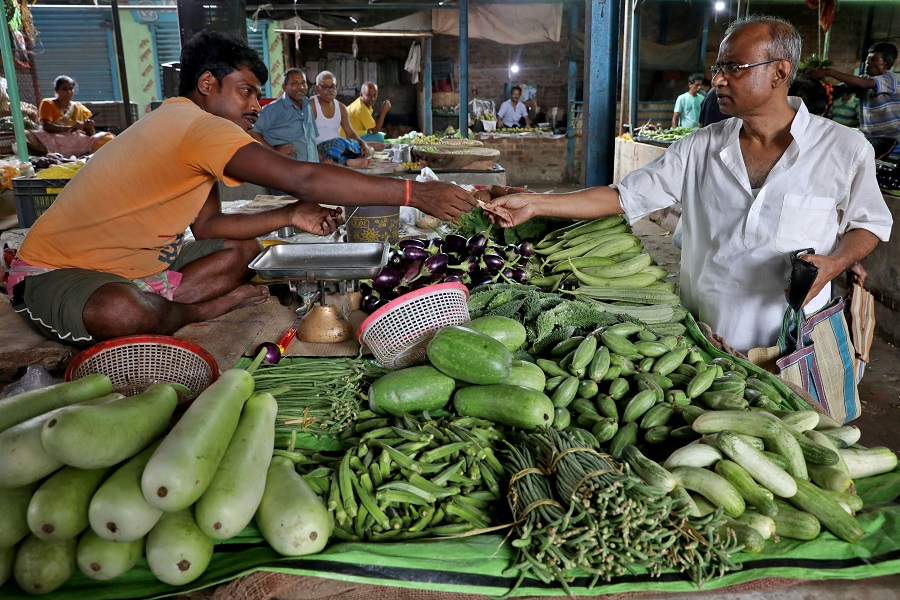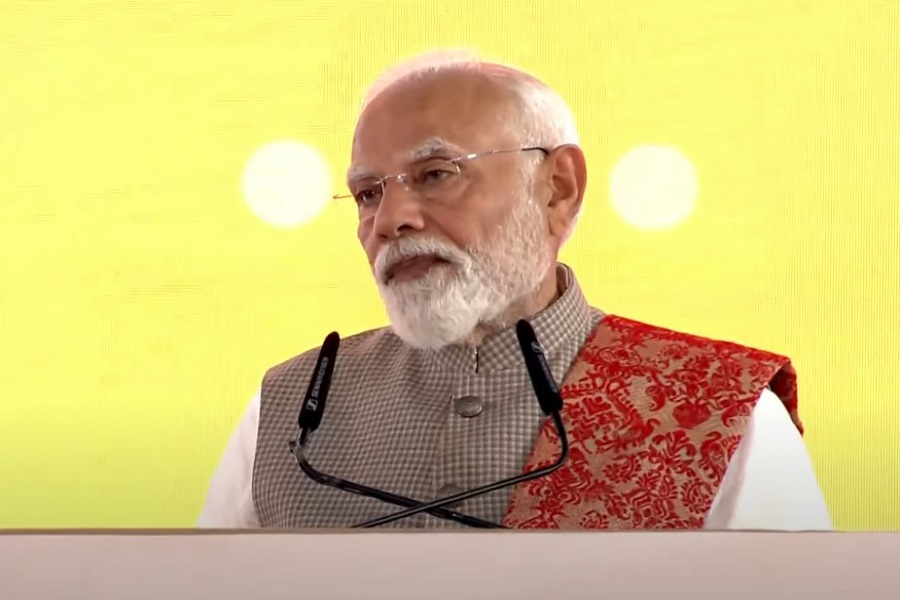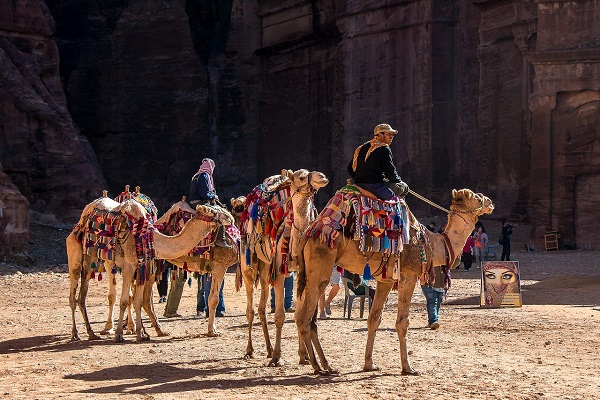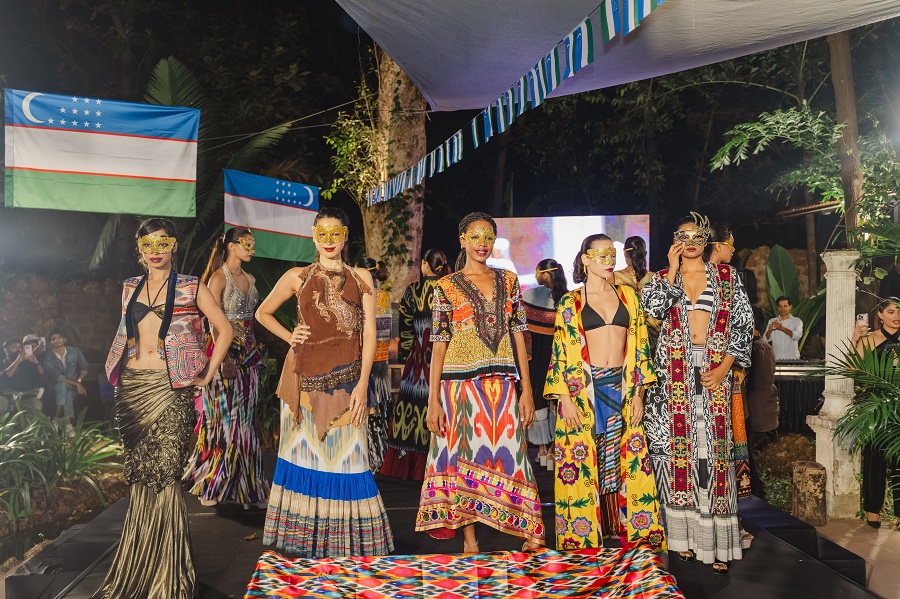Cultural Tourism Sees a Global Revival: Heritage Meets Modern Exploration
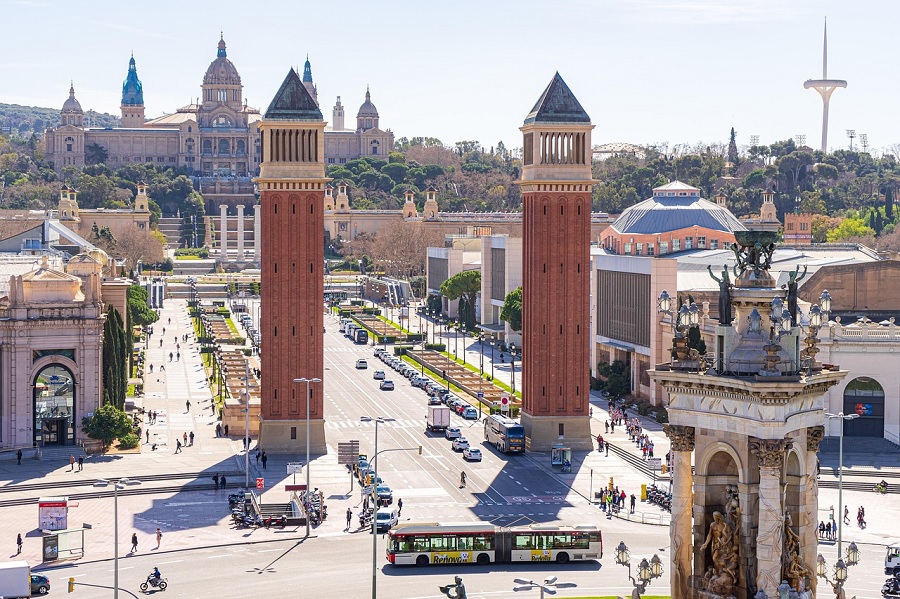
As the world reopens to travel with renewed enthusiasm, cultural tourism is experiencing a vibrant resurgence. Far from being a niche pursuit, it has now become a mainstream travel trend—drawing millennials, Gen Z explorers, and seasoned travelers alike. The desire to go beyond typical tourist attractions and immerse oneself in the language, traditions, cuisine, music, and daily life of a region is reshaping the global travel narrative.
What’s Driving the Cultural Tourism Boom?
Post-Pandemic Shift to Meaningful Travel
Travelers now crave purpose-driven experiences. Rather than just ticking off destinations, tourists seek emotional and intellectual connections with local cultures.
Rise of Local Art & Craft Trails
From Banarasi weavers in India to ceramic artisans in Morocco, travelers are exploring craftsmanship, attending workshops, and supporting traditional livelihoods.
Cultural Festivals Back in Spotlight
Major festivals like Spain’s La Tomatina, Japan’s Gion Matsuri, and India’s Kumbh Mela are attracting international attention and record-breaking footfall post-COVID.
Film Tourism as a Cultural Gateway
TV shows and movies are fueling travel interest. Tourists now flock to sites like Rajasthan (from Heeramandi), Korea (thanks to Crash Landing on You), and Italy (popularized by Call Me by Your Name).
Latest Cultural Tourism Highlights
UNESCO’s "World Heritage Journeys" Project
In collaboration with National Geographic, UNESCO is promoting curated travel itineraries across Europe and Asia that blend conservation with cultural immersion.
India’s ‘Dekho Apna Desh’ Campaign
The Ministry of Tourism is promoting hidden cultural gems like Majuli in Assam, Ziro Valley, and tribal Odisha as hotspots for experiential tourism.
Middle East Culture Renaissance
Countries like Saudi Arabia and UAE are investing in mega cultural destinations like AlUla, Diriyah, and the Museum of the Future, attracting culturally curious tourists from across the globe.
Africa’s Storytelling Boom
Nations like Ghana, Kenya, and Rwanda are using cultural narratives, traditional music, and heritage museums to reshape the continent’s travel identity.
How Travelers Are Engaging
Homestays & Village Tourism: Staying with locals for an authentic taste of rural life and customs.
Food Trails & Culinary Workshops: Learning traditional recipes and understanding the cultural stories behind local dishes.
Museums & Heritage Walks: From digital museums to guided city heritage trails, tourists are immersing themselves in history.
Language Learning & Folk Performances: Participating in language crash courses or enjoying classical music, dance, and theatre unique to a region.
Tourism Industry Response
Airbnb, Booking.com, and local travel startups now offer cultural experiences as bookable add-ons.
Tour operators are rebranding packages with “authentic” and “immersive” themes to meet rising demand.
Many countries are simplifying visa norms and launching e-visa services to attract more cultural explorers.
Sustainability & Cultural Respect
With growing cultural tourism comes the responsibility to preserve heritage sites and respect indigenous traditions. Travelers are being encouraged to follow ethical guidelines, reduce their environmental footprint, and contribute to community-driven tourism initiatives.
The Takeaway
Cultural tourism is no longer just about visiting monuments. It’s about storytelling, dialogue, participation, and empathy. Whether it’s listening to a tribal folk tale under the stars, tasting hand-ground spices at a local market, or watching artisans create magic with their hands—today’s travelers are embracing cultural tourism as a powerful way to understand the soul of a destination.













